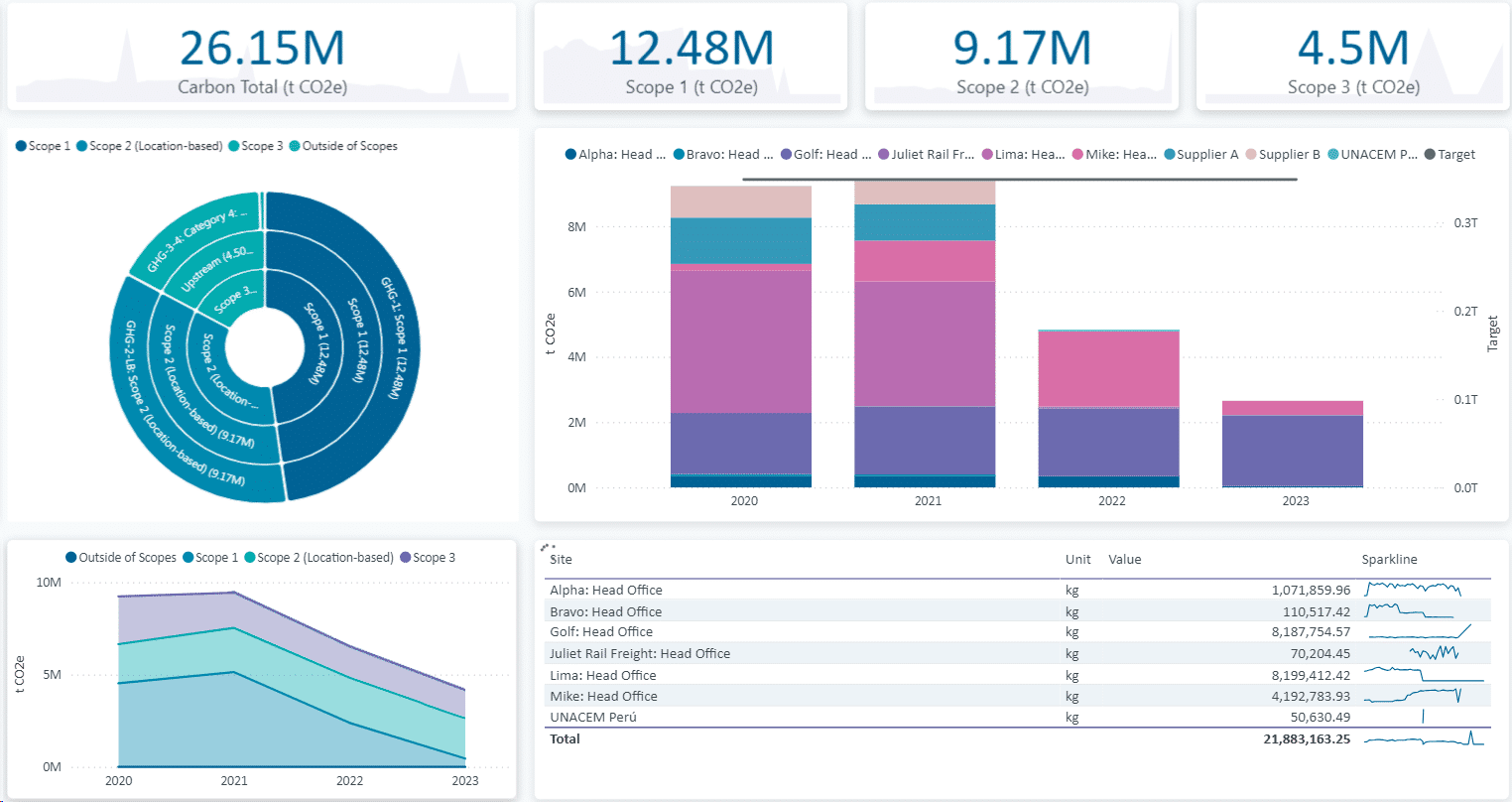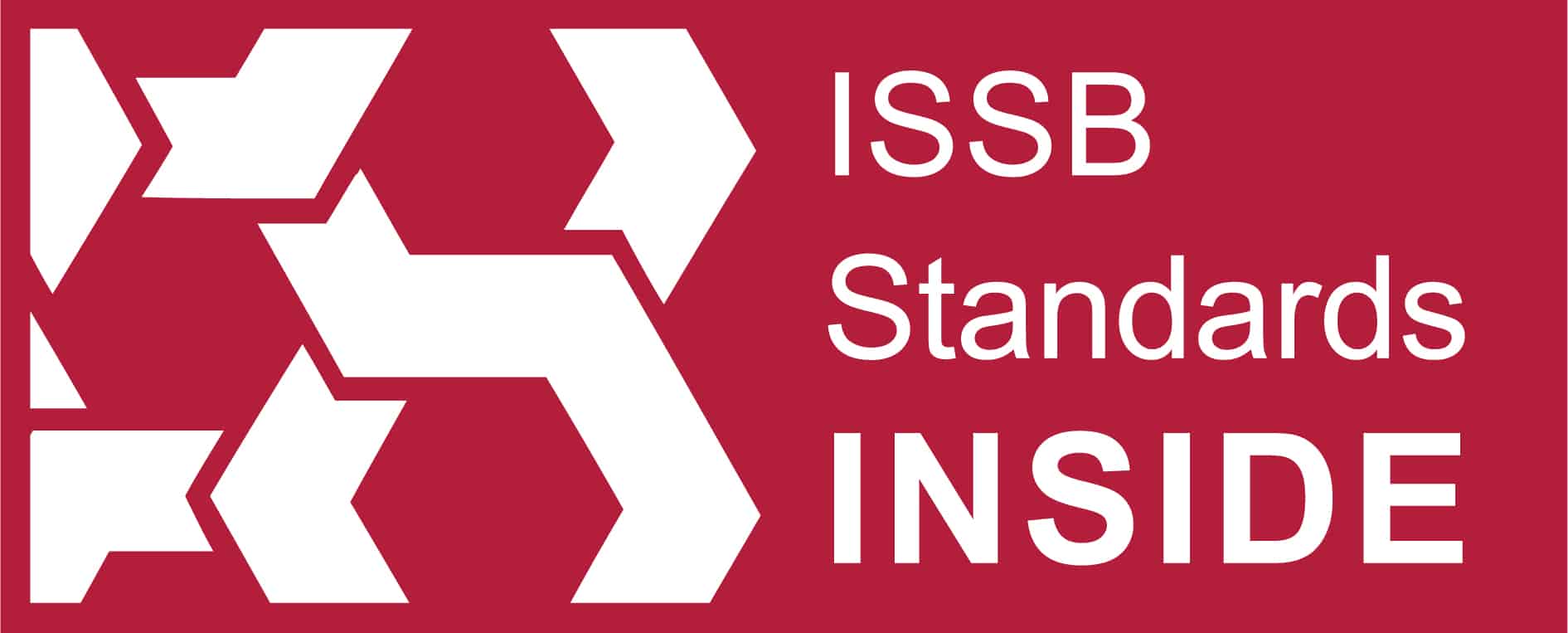Guide to ISSB Sustainability Reporting Standards

The International Sustainability Standards Board (ISSB) is at the forefront of developing globally accepted sustainability reporting standards. These standards aim to provide consistent, comparable, and reliable information to stakeholders, enhancing transparency and accountability in sustainability practices.
What is ISSB?
The ISSB, established by the IFRS Foundation, focuses on creating a comprehensive global baseline for sustainability disclosures. This initiative helps businesses communicate their sustainability performance effectively, aligning with investor and stakeholder expectations.

Key ISSB Standards:
- IFRS S1: General Requirements for Disclosure of Sustainability-related Financial Information. This standard covers information about reporting entities’ sustainability-related risks and opportunities, covering governance, strategy, risk management, and metrics
- IFRS S2: Climate-related Disclosures. This standard requires entities to report on climate-related risks and opportunities, integrating recommendations from the Task Force on Climate-related Financial Disclosures (TCFD) and incorporating industry-based requirements from SASB.
- SASB: The Sustainability Accounting Standards Board develops industry-specific standards for reporting the most financially relevant information on sustainability issues to investors and currently covers 77 industries.
Regulatory Adoption of IFRS S2: Regulators in various countries and regions are increasingly adopting IFRS S2 as the basis for regulatory reporting. Jurisdictions including Canada, the UK, Japan, and Singapore have expressed intentions to make IFRS S2 mandatory. This widespread adoption aims to enhance the comparability and quality of climate-related disclosures, providing investors with consistent and reliable information across borders.






